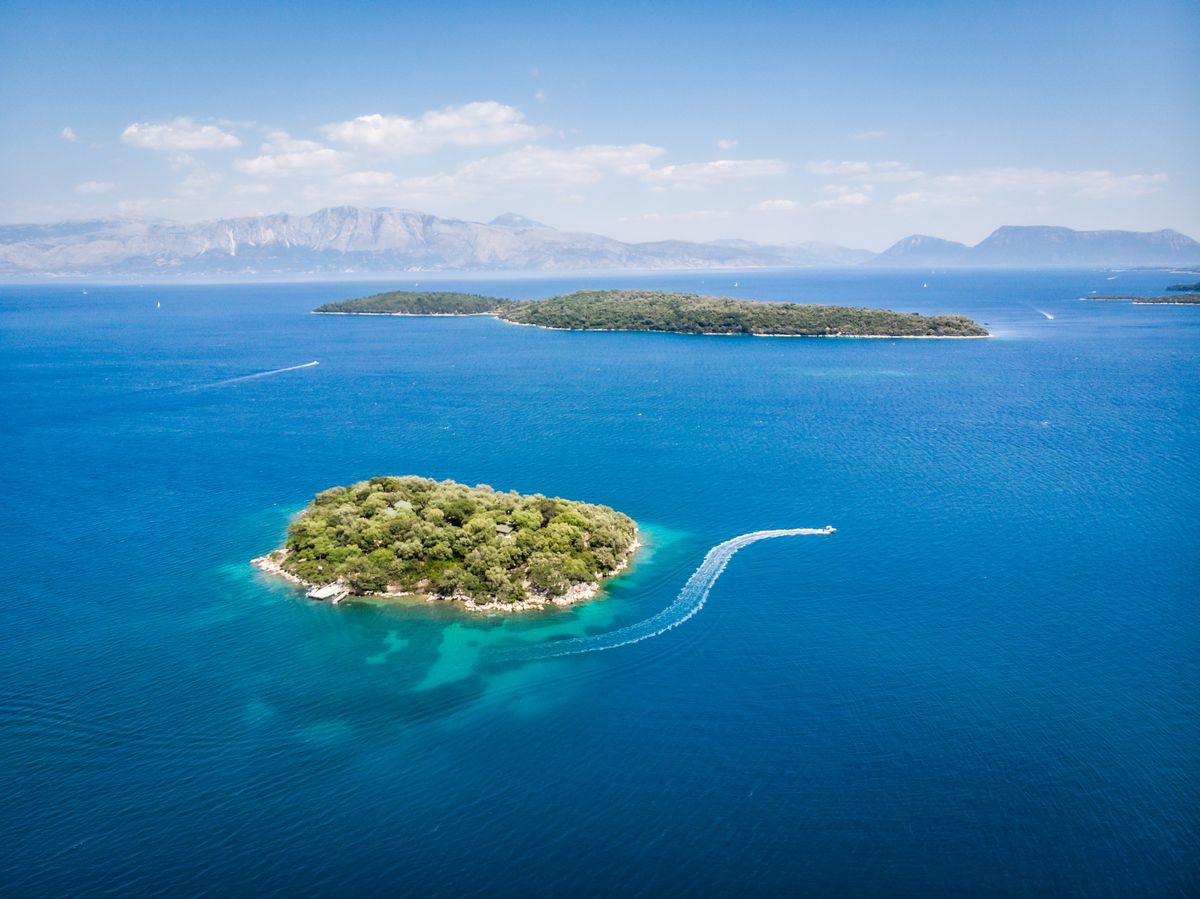What is the human cost of rising sea levels?
Sea levels will stay elevated for thousands of years because of ocean warming and melting ice sheets.

A few minutes every morning is all you need.
Stay up to date on the world's Headlines and Human Stories. It's fun, it's factual, it's fluff-free.
The backstory: Climate change is… bad. And one of the major consequences of it is the threat of rising sea levels. In 2021, the Sixth Assessment Report (AR6) from the UN’s Intergovernmental Panel on Climate Change (IPCC) was published. It said sea levels would stay elevated for thousands of years because of ocean warming and melting ice sheets. According to NASA, Antarctica loses about 150 billion tonnes (165 billion tons) of ice mass each year.
More recently: Last November, it was reported that the 1,200 residents of the Panama island of Gardi Sugdub were relocating to mainland Panama, their land swept away by the Caribbean Sea. New data from the World Meteorological Organization (WMO) shows that the global ocean has warmed faster over the last 100 years than at any time in the past 11,000. Unfortunately, developing countries, which often suffer the most from climate-related disasters, don’t really have the resources to adapt to all of these changes.
The development: On Tuesday, UN Secretary-General António Guterres addressed the UN Security Council during a debate on the insecurities brought on by the sea level rises. He warned that the rise leaves almost a billion people at risk. Some nations could completely disappear, land drowned out by the sea. Speaking for the Alliance of Small Island States, Samoa’s UN ambassador Fatumanava-o-Upolu III Pa’olelei Luteru said that these island states contribute very little to greenhouse gas emissions but face some of the worst consequences of rising sea levels. Guterres has called for a $100 billion climate finance commitment to developing countries, but this goal hasn’t been met. The new deadline to meet this mark was moved to 2025.
Key comments:
“Sea-level rise is not only a threat in itself, it’s a threat-multiplier,” said UN Secretary-General Antonio Guterres said. “For the hundreds of millions of people living in small island developing states and other low-lying coastal areas around the world, sea-level rise is a torrent of trouble.
“Sea level rise imposes risks to economies, livelihoods, settlements, health, wellbeing, food and water security and cultural values in the near to long term,” said Professor Petteri Taalas, the WMO Secretary-General.




Comments ()